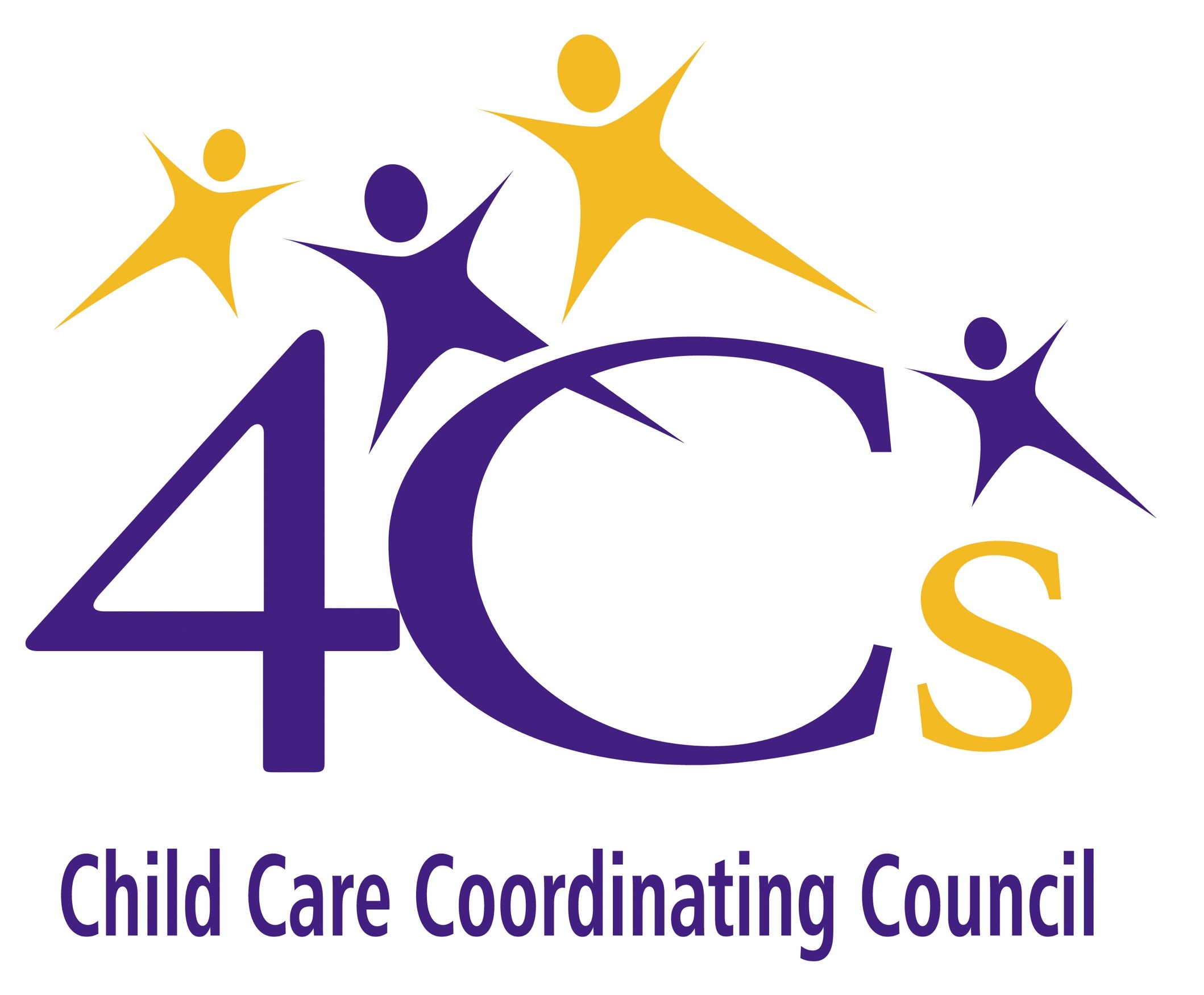Families have a wide variety of different kinds of early childhood programs available, and only you will know what is right for your family. Here is a deeper look at the most common kinds of early childhood care and education environments offered in San Mateo County.
Academic
An academic program stresses a program more closely matched with ideas of formal schooling. Children are encouraged to play part of the day but other times more formal lessons are introduced. These may focus on pre-reading, pre-math, and language skills. The role of the teacher is to instruct the children and to offer materials that help the children practice certain skills that will prepare them for kindergarten.
Constructivist
Constructivist programs are based on the theories of Dewey, Piaget, and Vigotsky, which suggest that children construct meaning for the world around them through play. The concept of the “active learner” is important where learning is an active process in which children use sensory input and construct meaning out of it. The role of the teacher is to provide children with freely structured opportunities to interact with sensory data and to construct their own world and carry out their own mental actions.
Developmental
Play, as a way of learning, is the basis for the developmental model. This curriculum is based on the idea that children go through certain stages at certain ages, however each individual may develop at different rates and have different needs. Play is the work of children and the teacher’s role is to prepare the environment and offer materials that encourage learning. There may be centers for play that focus on: art, blocks, home making, and small manipulatives, as well as outdoor activities. Child observation and assessment are tools for offering challenging materials.
High Scope
The High/Scope curriculum is based on the cognitive theory of Piaget. Children learn by constructing knowledge in a prepared environment. Play is the basis of learning and the teacher’s role is to ask questions to extend the child’s knowledge. There is a plan-do-review sequence where the child makes choices about his/her play activities, plays and reviews with the teacher. Key experiences (number, classification, seriation, representation, music, language, space, and time) are incorporated into a daily routine. Child observation and parent involvement are important.
Montessori
The Montessori curriculum is based on the methods of Maria Montessori. Children learn by using special sensory materials in a prepared environment. The teacher’s role is to observe the children and demonstrate challenging materials for them to explore. The materials are self-correcting and designed to be used in a specific way. There are practical life experiences: cooking, sweeping, cleaning, self-care, pet care, and gardening as well as lessons in geography, math, shapes, music, and art.
Recreation Program
Recreation programs recognize that children have been in a formal school environment and address developmental needs for play and exercise. Play is considered learning and activities are geared to the older child’s interest in games with others and product oriented as well as process-oriented activities. The teacher’s role is to prepare the environment as well as offer self-paced games and activities. Cooking, art projects, team games, and dramatic play are offered. There is often time for quiet activities, which may include a homework time. Socialization, team building, and group experiences are often stressed.
Reggio Emilia
After World War II, the schools of the city of Reggio Emilia, Italy started this approach to preschool education, emphasizing community support and parental involvement. Long term projects by small groups of children, often born out of the children’s own spontaneous interests and activities, are the major curriculum strategy. Teacher autonomy is important and teachers are expected to be skilled observers of children to facilitate this improvisation of curriculum. The program emphasizes children’s use of symbolic languages such as drawing, sculpture, dramatic play, and writing.
Resources for Infant Educators (RIE)
RIE is a non-profit organization that trains infant caregivers based on the philosophy and methodology of Magda Gerber, the founding director. Their vision is that “from the day they are born, all infants are cared for with respect and are seen as unique individuals with surprising capacity to participate in relationships." RIE emphasizes children as active initiators, explorers, and self-learners. The program provides time for uninterrupted play.
Waldorf Schools
Waldorf schools provide a unified, 12-year program based on Steiner’s 3-stage model. Before the age of 7, the program emphasizes learning through imitation, surrounding the child with caring adults to emulate and the “goodness of the world” and deemphasizing academics. Between age 7 and puberty, children are provided with rigorous instruction integrated with arts, crafts, and physical activity. The curriculum aims to address three levels of the child: the intellect (thinking/logic), the heart (art/spirit), and the hands (craft/practical work) and is based on Anthroposophy, the spiritual philosophy of Steiner.
